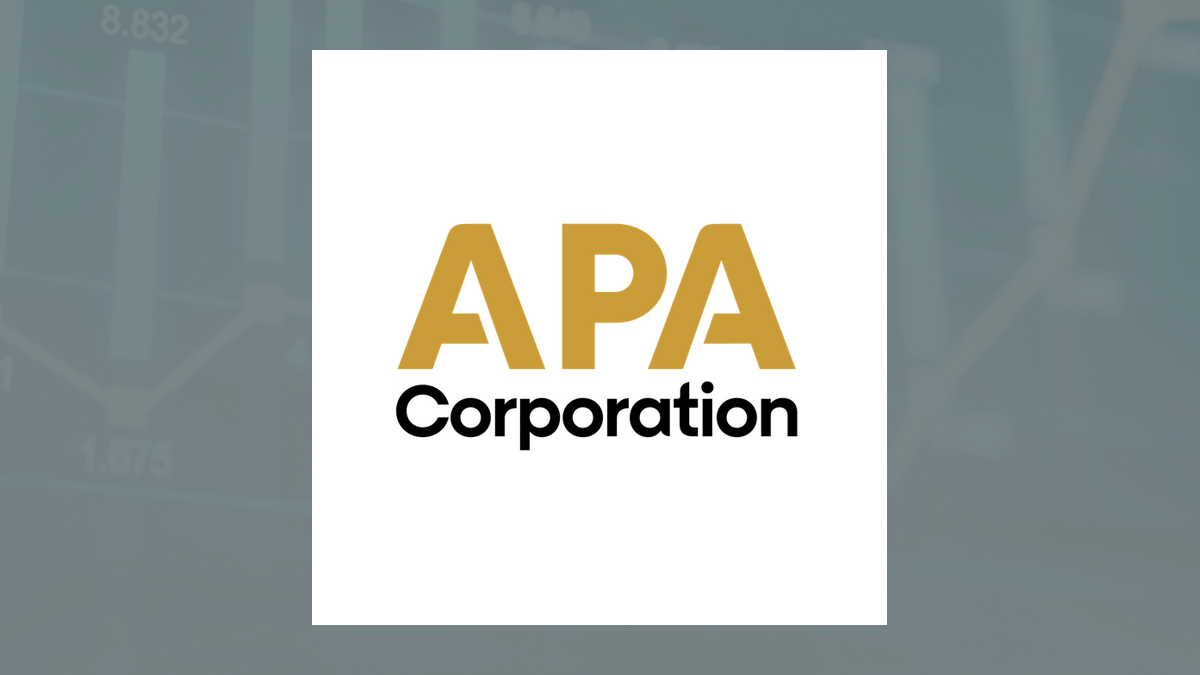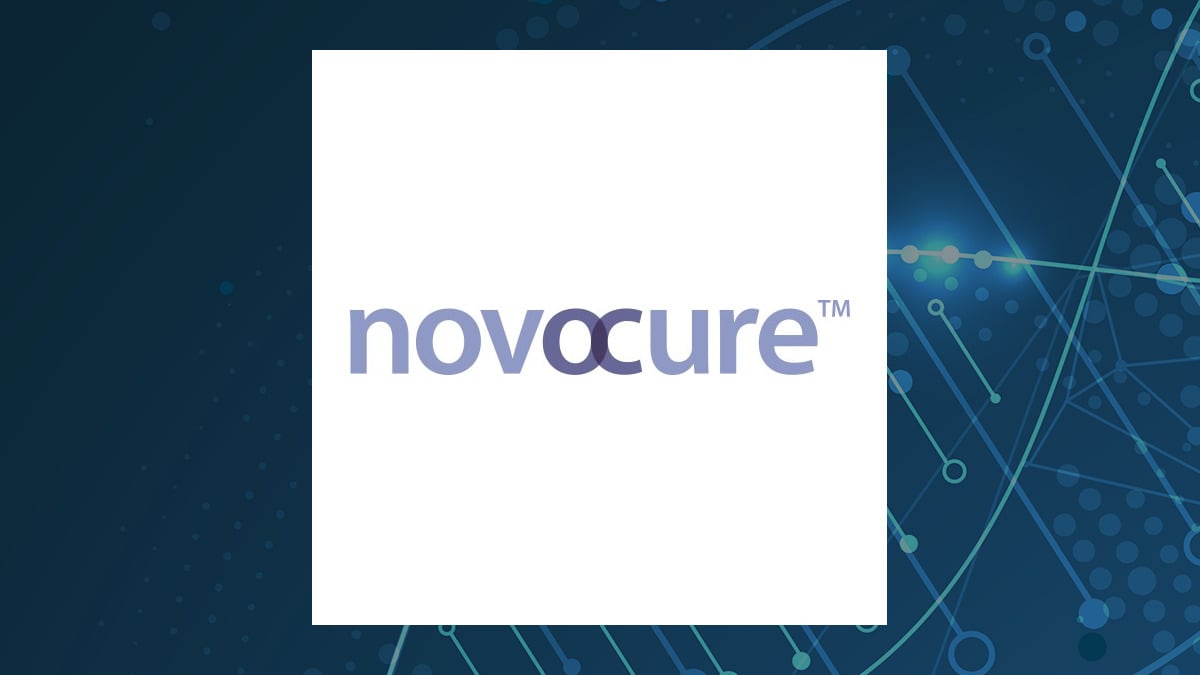
Artificial intelligence (AI) has rapidly transformed many aspects of our lives, including medicine, finance, entertainment, and transportation. While AI brings numerous benefits, it also presents several risks and concerns that require careful attention to ensure its responsible growth and integration. This paper focuses on the potential dangers of AI, as well as the ethical considerations surrounding its use.
The use of AI has opened up an entirely new realm for processing vast amounts of data, learning from patterns, and making informed decisions across various industries. However, this advancement comes with inherent risks. One of the major challenges is the lack of transparency and explainability in AI systems.

Many AI models, particularly those based on deep learning, operate as "black boxes," leaving users unsure about how decisions are made. This lack of clarity can lead to misuse, biased outcomes, and a breakdown of trust among users. AI systems are only as good as the data used to train them.
If the dataset contains biases, the AI is likely to reflect and perpetuate those biases. This can lead to discriminatory practices in areas like hiring, lending, and law enforcement. For instance, hiring algorithms may favor certain demographics over others, resulting in unfair employment practices based on demographic characteristics.
This issue highlights the need for careful consideration of the information used in training AI, as well as the importance of establishing fairness and accountability within these systems. AI applications are prevalent in our daily lives. However, the collection of sensitive information poses a significant risk to personal privacy if safety measures are not prioritized.
For instance, the development of surveillance systems that record individuals' activities and movement patterns raises concerns about potential data breaches. Therefore, it is essential to implement strong data protection policies that govern the use of such information. AI-driven automation is expected to significantly impact the job market.
While this technology increases efficiency and improves quality, it also eliminates low-skill jobs. As a result, we may see higher unemployment rates and greater income inequality, which can lead to social unrest. Policymakers and businesses can effectively mitigate the economic impacts of AI-driven job displacement by investing in the reskilling and upskilling of the workforce.
AI systems are especially susceptible to cyberattacks and malicious activities. These vulnerabilities can result from hacking incidents or unauthorized access to sensitive information due to weaknesses in algorithms. The serious security threats associated with AI have already manifested in areas such as arms races and cyber warfare.
It is crucial that discussions surrounding AI system security address both the potential for harmful actions and the system's resilience, especially concerning the protection of critical infrastructure. The idea that AI could eventually surpass human intelligence raises significant concerns about the potential for a global catastrophe. This concept is commonly known as the "singularity.
" It prompts important questions about whether superintelligent AI can be effectively controlled or governed. While this notion is frequently explored in science fiction, it underscores the urgent need for proper guidelines and regulatory frameworks concerning advanced AI technologies. The complexity of ethics in dilemmas brings AI development into a responsible context.
One key issue is finding a balance between innovation and regulation. While regulation is essential, excessive regulation can stifle progress, whereas a lack of it can lead to negative consequences. Achieving resilient growth in AI requires proper oversight that leads to the necessary regulations.
Another important ethical concern is the equitable sharing of AI benefits. There is a risk that the development of AI could exacerbate existing inequalities if only those with access to technological resources reap the rewards. To foster a fair and just society, it is crucial to include marginalized communities in AI development, ensuring that they also benefit from its advancements.
The challenges of AI ethics require a collaborative effort from policymakers, researchers, and industry leaders. They need to establish transparent, accountable, and fair ethical guidelines for developing AI systems, while also addressing issues like bias reduction, privacy protection, and security in these systems. Another crucial factor is public awareness and education about AI.
Increasing understanding of AI's importance and consequences will help people make informed choices. Promoting responsible AI practices should be encouraged through funding and incentives for advancements and research in ethical AI, further addressing the challenges discussed above. While there are many benefits of AI for society, it is essential to address the associated risks and ethical concerns.
By fostering collaboration, implementing regulations, and educating the public about both the risks and advantages of AI, we can maximize its benefits without endangering society. The future of AI hinges on its ability to navigate its complexities responsibly and ethically..















